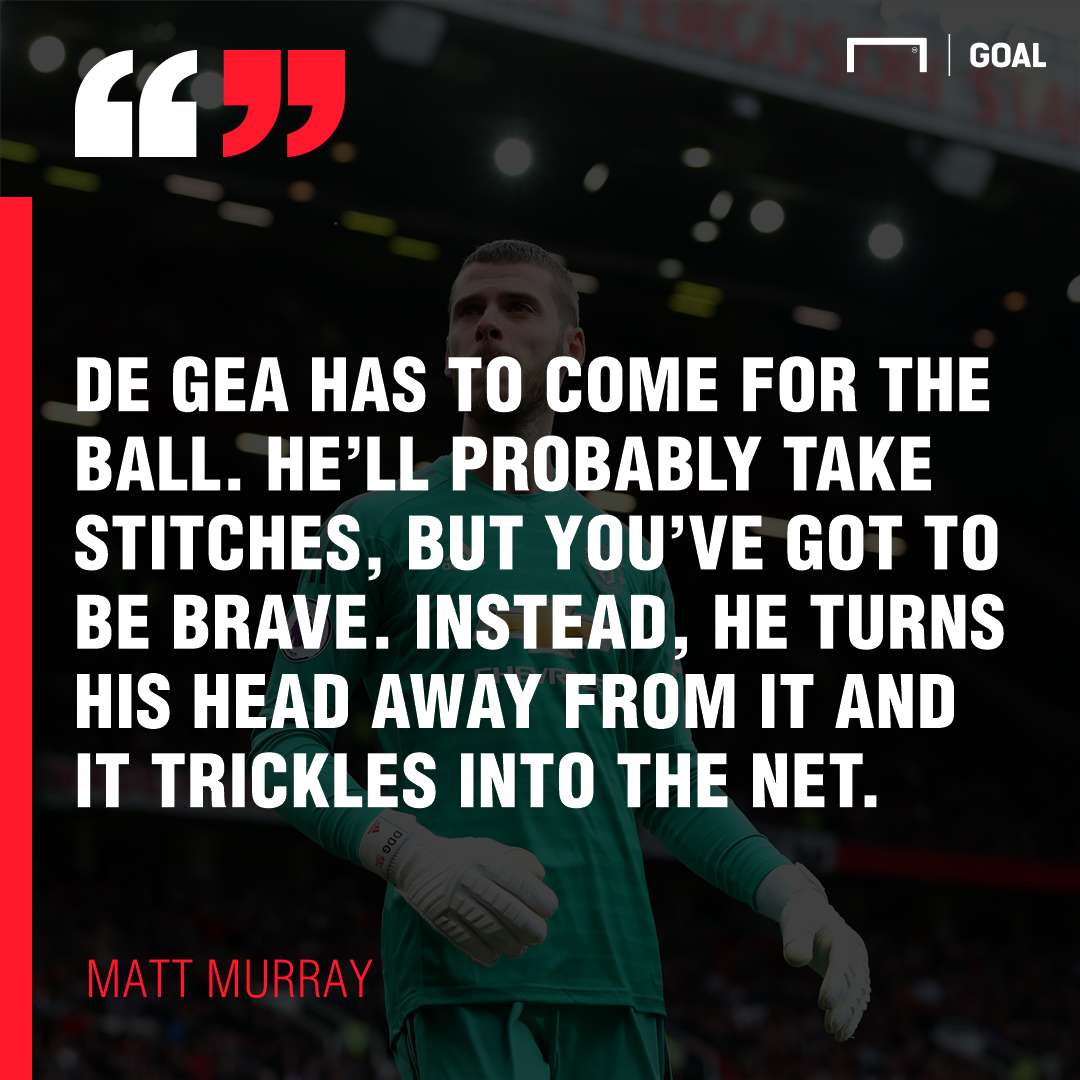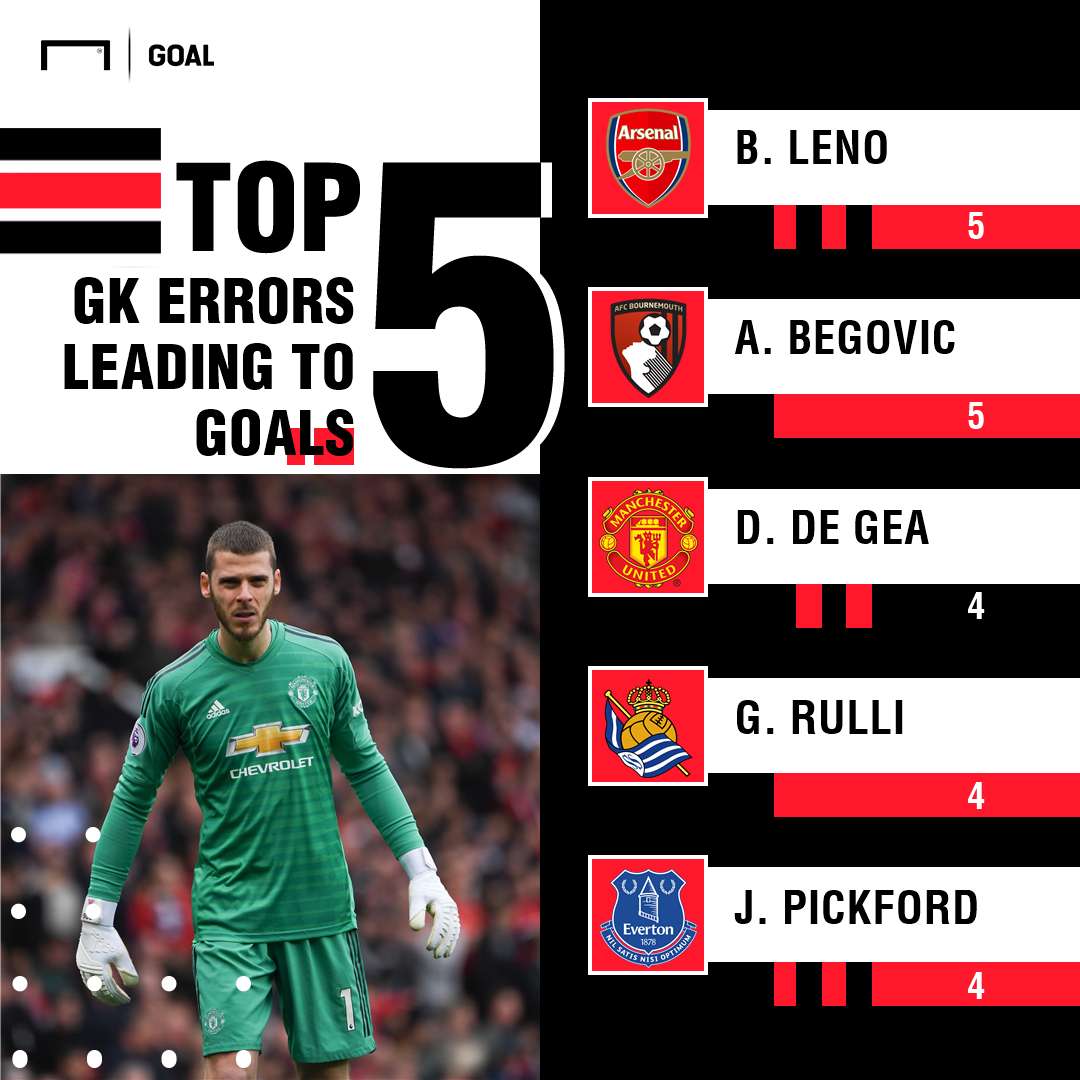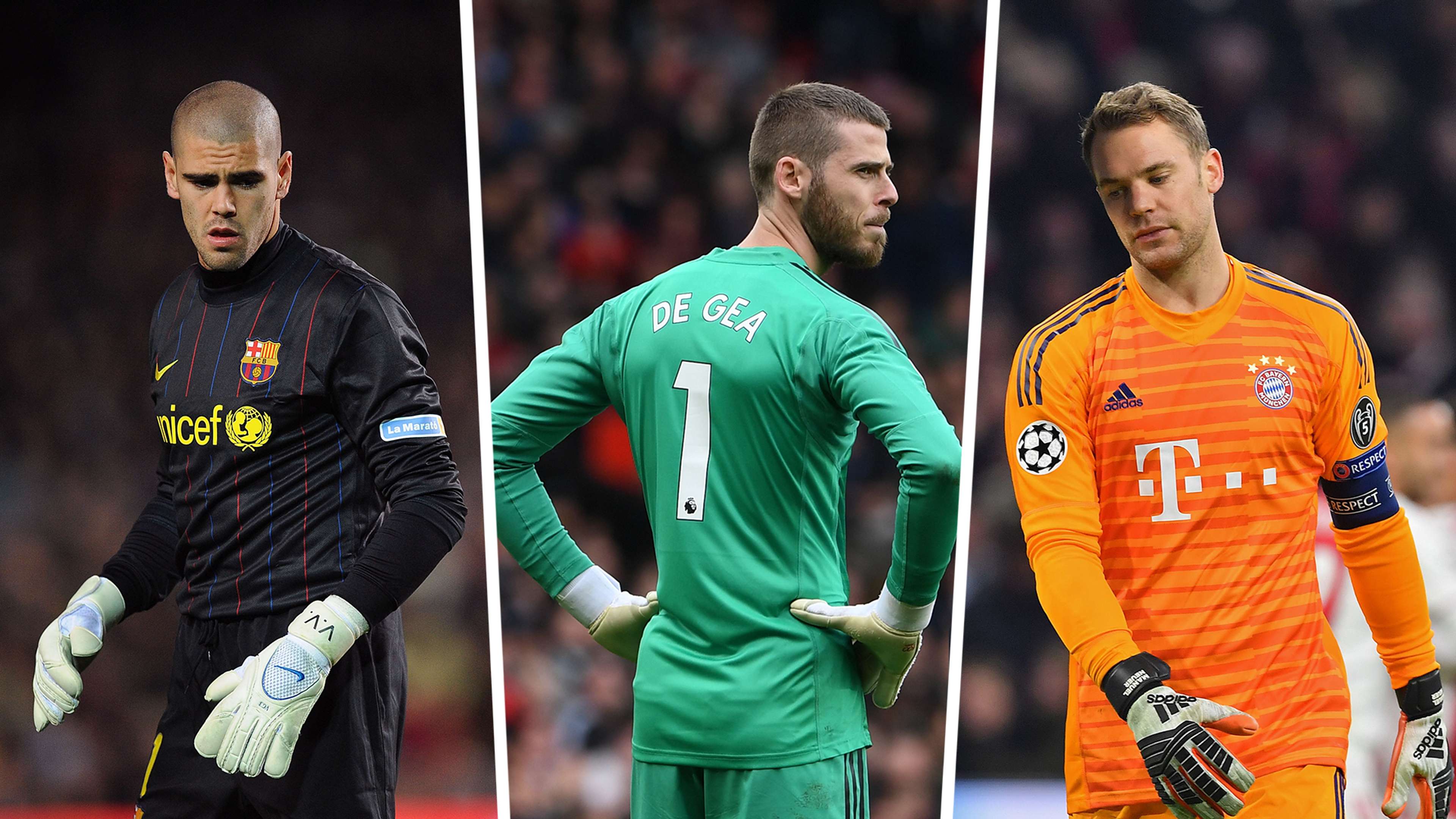Former Tottenham No.1 Erik Thorstvedt once described playing as a goalkeeper as “a privileged life".
David de Gea would beg to differ.
A player of undoubted world-class quality, the Manchester United man has made three errors in his last four games – as many as he had made in his first 123 appearances for the club.
The criticism he has subsequently received shows just how much the footballing landscape has changed since the likes of Edwin van der Sar and Oliver Kahn all enjoyed extremely long, and illustrious, careers at the very top level – appreciated throughout.
But that's not to say De Gea's critics are a result of a harsher sport, but more so harsher criteria against which stoppers are judged.
“Soon, there won’t be any goalkeepers at all,” Italy icon Gianluigi Buffon told FourFourTwo. “The way football is going right now, I may be one of the last!”
He may be right. Thiago Motta’s well-publicised philosophy in PSG’s academy – “the goalkeeper counts as one of the midfield seven” – shows just how much things have developed since Buffon started his career, with much more demanded from the position today.
That is all well and good for the football romantics who want to see teams play attractive, exciting and attacking styles – but is it having a detrimental effect on goalkeepers’ careers?
“An active goalkeeper is important to me, he must be agile. A keeper should be the 11th outfield player,” Bayern’s goalkeeping coach, and Manuel Neuer's main influence, Toni Tapalovic, explains.
As a result of the German international, goalkeepers are expected to be technically excellent, as well as possessing the shot-stopping and aerially dominant traits of the past – which appears to be taking its toll on many.
Victor Valdes described it as “mentally exhausting”, and the increased physical exertion is increasing the chances of injury too.
 Getty/Goal
Getty/Goal
Neuer has endured a significant spell on the sidelines recently, while Claudio Bravo’s career has been destroyed by an Achilles tendon rupture – just as he was entering the years that would previously have been dubbed a shot-stopper’s ‘prime’.
The fitness demands mean that goalkeepers are peaking earlier – and the effects are seeing goalkeepers burn out quicker.
Neuer has not been the same since his injuries, with Lothar Matthaus telling Sky: "He doesn't currently have the form and assuredness he had before. He's not yet back in the shape that made him the best goalkeeper in the world four times.”
Valdes and Iker Casillas both bowed out from the elite level in their early 30s, leaving Barcelona and Real Madrid for bench-roles at Man United and Porto, respectively.
The 41-year-old Buffon is, essentially, the last man standing – and even he is playing in a reduced role at PSG.
These are tough, unforgiving times for goalkeepers, even the younger ones.
Both Hugo Lloris and De Gea have been slated for their recent gaffes.
In his BBC Sport column, Jermaine Jenas claimed that the former has now “let Tottenham down too many times”, suggesting: “You could clearly see the disconnect between Lloris and his defence – they seem to be worried about when he is going to make his next error too.”
De Gea, meanwhile, is not just being singled out for recent mistakes, but for forgetting the very basics of being a goalkeeper.
“It’s horrible but you’ve got to come [for the ball],” ex-keeper Matt Murray said when his former club, Wolves, beat United. “He’ll probably take stitches, but you’ve got to be brave.
“He has to take everything, but he turns his head away from it and it goes past him and trickles into the net.”
 Getty/Goal
Getty/Goal
Mistakes are a consequence of the fact goalkeepers expected to be shot-stoppers, sweepers and outfield players, while social media allows every error to be replayed and relayed around the world.
It’s that which makes a goalkeeper such as De Gea go from being called the world’s best one week, to a player in a crisis the next.
Former Arsenal boss Arsene Wenger summed up modern football when he said of Petr Cech: “In one week, he’s gone from hell to heaven."
One would imagine De Gea will experience something similar in coming games.
But for all the changes, one excerpt from the late, great Gordon Banks’ autobiography, written in 2002, remains telling.
“The mark of a good goalkeeper is how few saves he has to make during a game,” he said.
“A spectacular save is the last resort when all else – positioning, anticipation, defence – have failed.”
Banks’ words were relevant then, when he was winning the World Cup in the 1960s and thwarting Pele in the 1970s, and they are relevant now, despite a new trend of goalkeeping.
Before Liverpool’s Champions League clash against Bayern Munich earlier this season, Alisson told the press that Neuer was “a reference for [him]” as a young goalkeeper.
But perhaps today’s shot-stoppers should be focused on the fundamentals that have forged, and allowed the longevity of, some of the game’s greats – not the trends that come and go.
